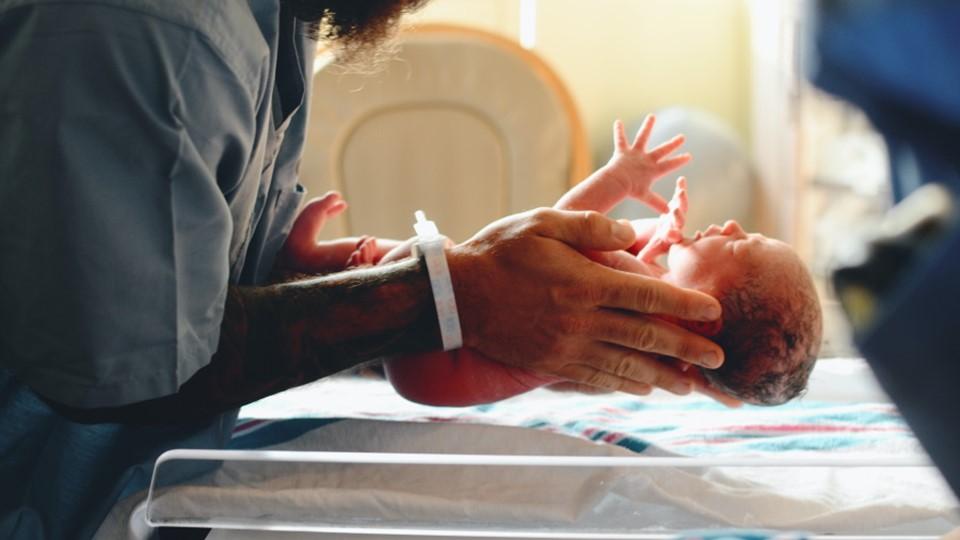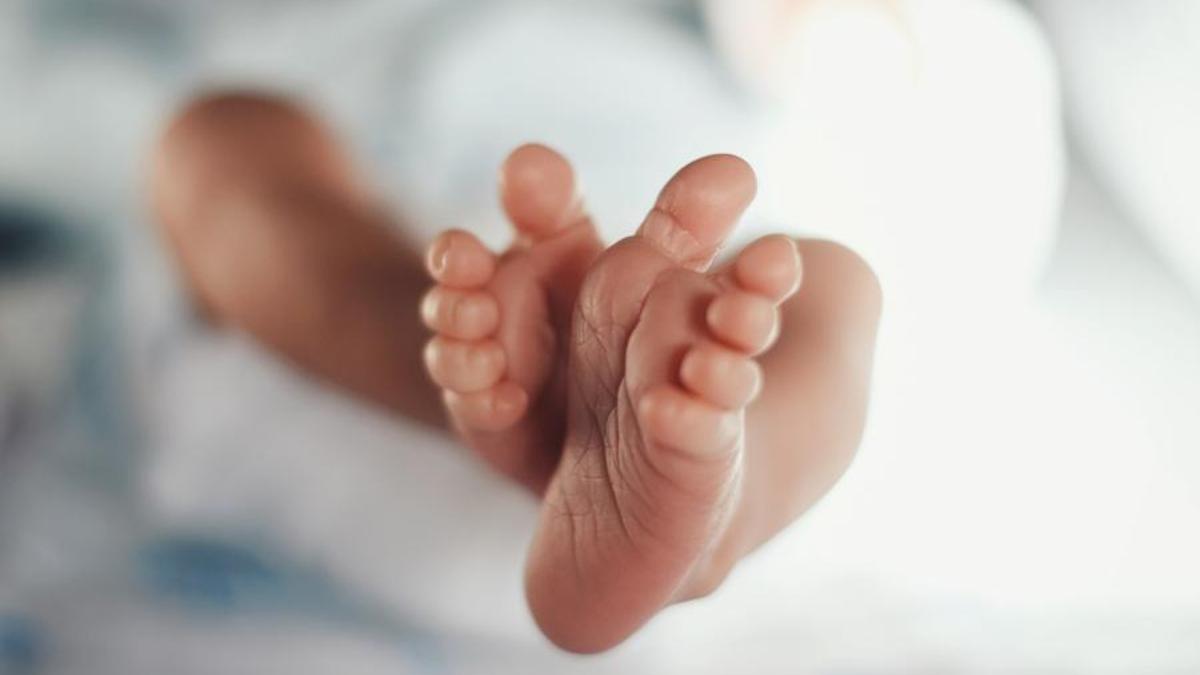FDA clears Pfizer's Abrysvo as first maternal RSV vaccine

Pfizer's respiratory syncytial virus (RSV) vaccine Abrysvo has become the first to be approved by the FDA for use in pregnancy to protect newborns and infants from lower respiratory tract disease (LRTD) that can be caused by the virus through the first six months of life.
Abrysvo is labelled for use as a single injection given to expectant mothers between 32 through 36 weeks of pregnancy, adding to its approval earlier this year for the prevention of RSV-related LRTD in people aged 60 years and older.
The restriction to that gestational age is because, in trials, Abrysvo was associated with a slightly higher rate of preterm births (5.7%) than placebo (4.7%) and, while it isn't clear that the vaccine is responsible, the FDA has taken a cautious stance.
GSK's rival vaccine Arexvy, also approved by the FDA this year for older adults, was abandoned as a maternal shot due to an imbalance in preterm births and neonatal deaths.
Nearly all newborns get RSV and show symptoms akin to a mild version of the flu. In some cases, however, the infection reaches the lower tract, which can be much more serious.
The go-ahead comes shortly after the US authorities cleared Sanofi and AstraZeneca's antibody-based alternative for RSV prevention – Beyfortus (nirsevimab) – as a new option for expectant mothers, before the RSV season gets underway in the autumn.
Abrysvo will still need to be reviewed by Centers for Disease Control and Prevention (CDC) advisors before it can be used as an alternative to Beyfortus this year, but with a meeting of the agency's Advisory Committee on Immunisation Practices (ACIP) scheduled for September it could get a green light in time.
While Abrysvo is administered to the mother, Beyfortus is a one-shot injection given directly to infants and toddlers, providing protection against RSV disease for several months. The CDC has previously said it is unlikely to be cost-effective to give both, so it may end up favouring one over the other.
"RSV is a common cause of illness in children, and infants are among those at highest risk for severe disease, which can lead to hospitalisation," said Peter Marks, director of the FDA's Center for Biologics Evaluation and Research (CBER).
"This approval provides an option for healthcare providers and pregnant individuals to protect infants from this potentially life-threatening disease," he added.
Approximately 1% to 3% of children under 12 months of age in the US are hospitalised each year due to RSV, according to figures from the American Academy of Paediatrics. In a clinical study, Abrysvo reduced the risk of severe RSV-related LRTD by 82% within 90 days after birth, and 69% within 180 days.
"Today, a long-sought-after goal to deliver a maternal vaccine that will help protect infants six months of age or younger – when they are at greatest risk of possible serious consequences from RSV – has been achieved," said Annaliesa Anderson, Pfizer's chief scientific officer for vaccine R&D.













